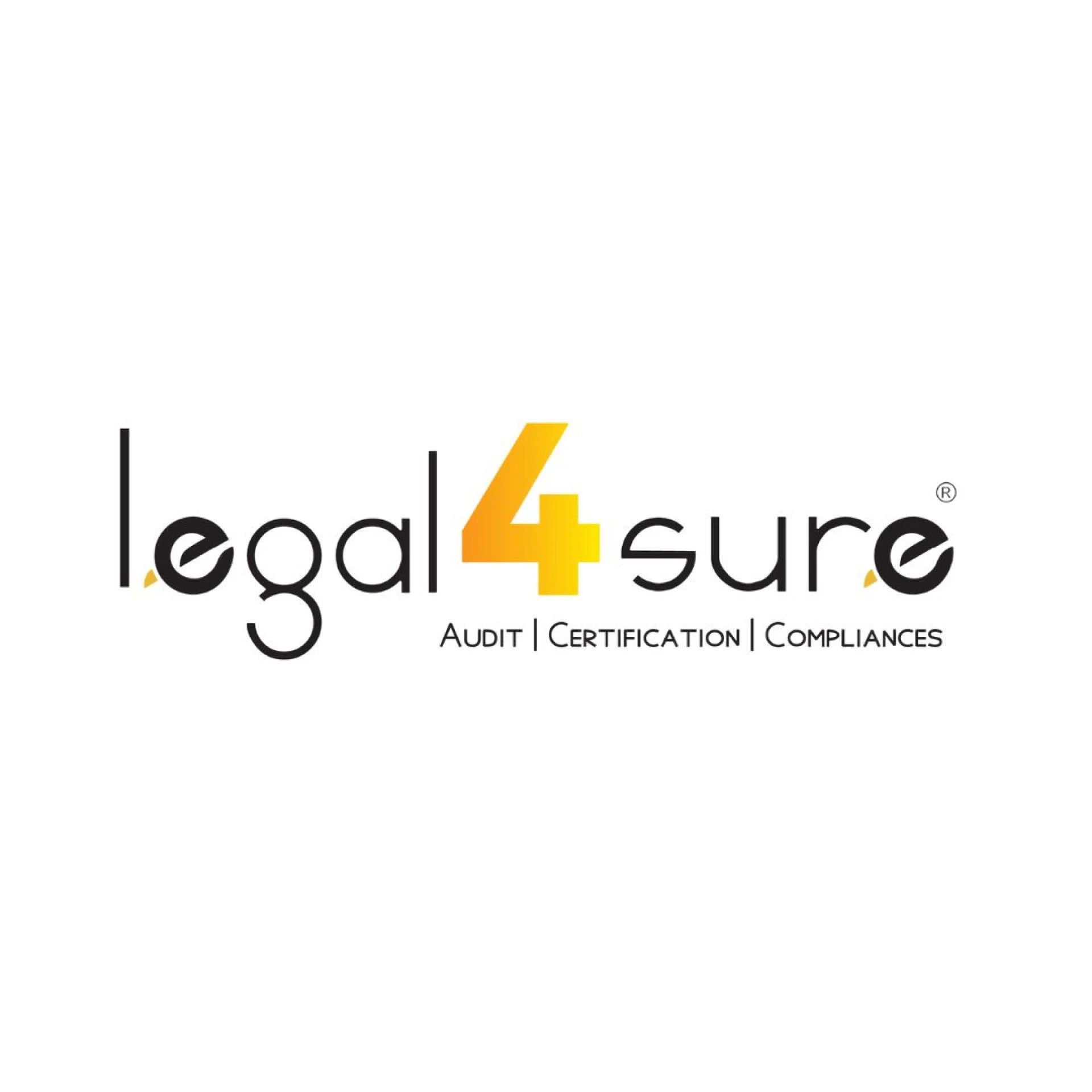In today's interconnected world, consumers are increasingly conscious of the ethical footprint behind the products they buy. Businesses, in turn, are recognizing the critical importance of demonstrating their commitment to responsible sourcing and ethical practices. This is where a Sedex Audit, often conducted using the SMETA methodology, becomes an indispensable tool.
What Exactly is a Sedex Audit?
Think of a Sedex Audit as a comprehensive health check for your supply chain's ethical and social performance. It's a structured evaluation that assesses how well your business adheres to labor standards, health and safety regulations, environmental responsibility, and business ethics. Essentially, it's about building trust – with your customers, your stakeholders, and your own conscience.
Why is a Sedex Audit Important?
- Enhanced Transparency: A Sedex Audit provides a clear, objective picture of your supply chain's practices. This transparency fosters trust and helps you build a strong reputation.
- Risk Mitigation: By identifying potential ethical and social risks within your supply chain, you can take proactive steps to address them, preventing reputational damage and legal issues.
- Improved Business Relationships: Demonstrating your commitment to ethical sourcing strengthens relationships with customers, suppliers, and investors.
- Meeting Customer Expectations: Increasingly, consumers demand ethical products. A Sedex Audit shows you're taking these concerns seriously.
- Driving Continuous Improvement: The audit process highlights areas for improvement, enabling you to enhance your ethical and social performance over time.
Understanding the SMETA Audit Methodology
Most Sedex Audits utilize the SMETA (Sedex Members Ethical Trade Audit) methodology. SMETA is a widely recognized and respected audit protocol that provides a standardized framework for assessing ethical performance.
A SMETA Audit typically covers the following key areas:
- Labor Standards: This includes assessing working conditions, wages, working hours, and the prevention of forced labor and child labor.
- Health and Safety: Ensuring a safe and healthy working environment for all employees.
- Environmental Responsibility: Evaluating the environmental impact of your operations and supply chain.
- Business Ethics: Assessing your company's commitment to ethical business practices, including anti-corruption measures.
Navigating the Sedex Certification Process
While there isn't a formal "Sedex Certification" in the traditional sense, completing a Sedex Audit and uploading the results to the Sedex platform demonstrates your commitment to ethical sourcing. This allows buyers who are Sedex members to view your audit results and assess your compliance.
Here's a simplified overview of the process:
- Register with Sedex: Become a member of the Sedex platform.
- Prepare for the Audit: Gather relevant documentation and ensure your facilities are ready for inspection.
- Conduct the SMETA Audit: Engage a qualified auditor to conduct the audit.
- Upload the Audit Results: Submit the audit report to the Sedex platform.
- Develop a Corrective Action Plan: Address any non-conformances identified during the audit.
- Continuous Improvement: Regularly review and update your ethical practices.
The Role of a Sedex Consultant
Navigating the complexities of a Sedex Audit can be challenging. A Sedex Consultant can provide valuable guidance and support throughout the process. They can help you:
- Understand the requirements of the SMETA methodology.
- Prepare for the audit and gather necessary documentation.
- Develop a corrective action plan to address any non-conformances.
- Ensure your audit results are accurately uploaded to the Sedex platform.
- Provide ongoing support and guidance to maintain compliance.
In Conclusion
A Sedex Audit, often conducted using the SMETA methodology, is more than just a compliance exercise. It's a powerful tool for building trust, mitigating risks, and driving continuous improvement in your ethical and social performance. By embracing transparency and accountability, you can create a more sustainable and responsible business. If you need assistance, do not hesitate to reach out to a professional Sedex Consultant.


